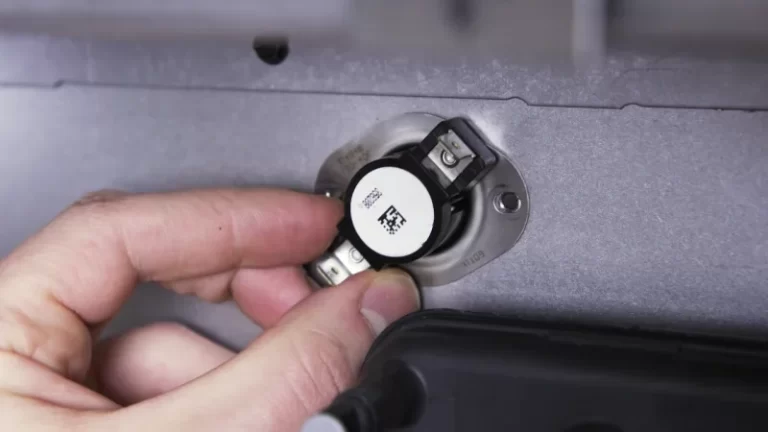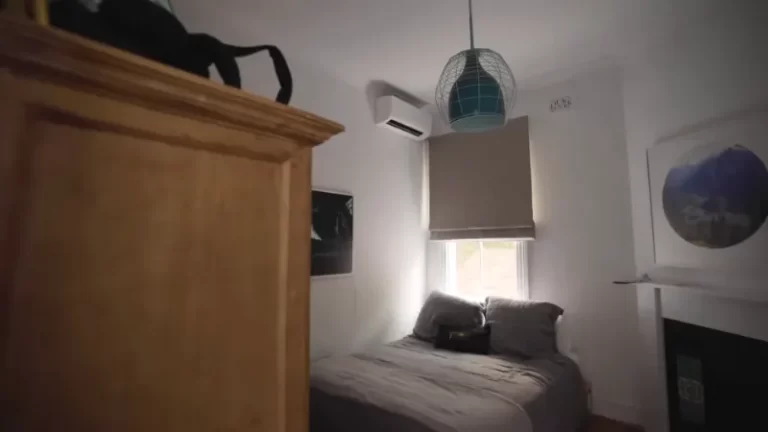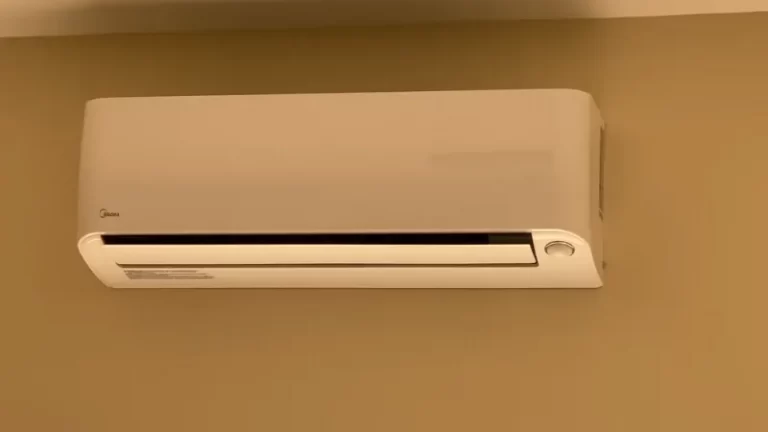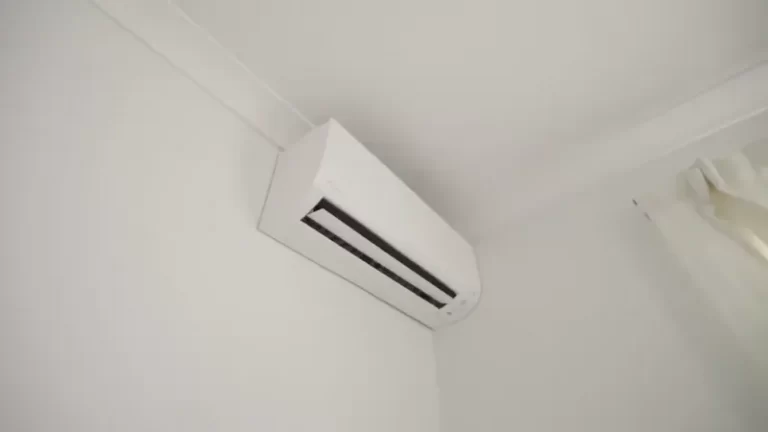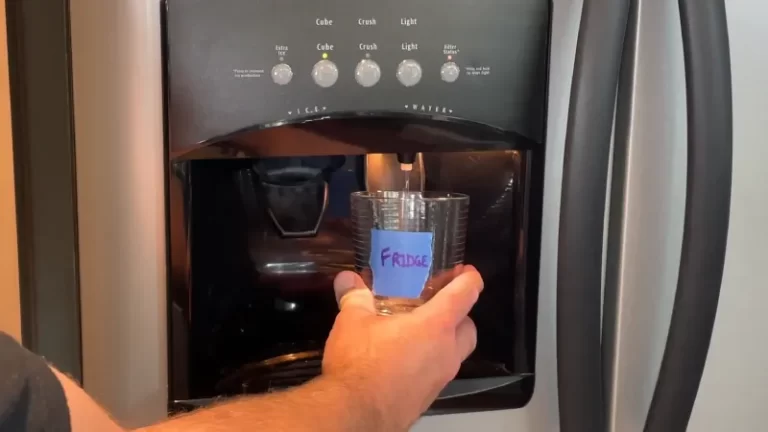Can a Whole House Generator Run Air Conditioner? Find Out, Tips, Best Practices
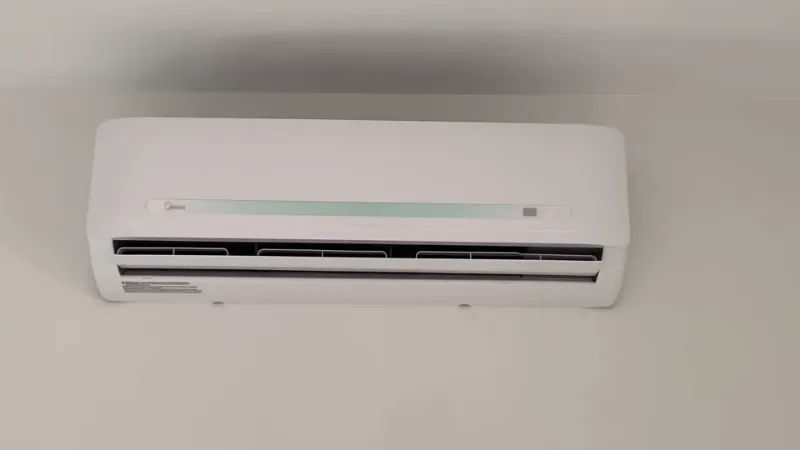
A whole house generator is a device that is designed to provide backup power in case of a power outage. It is capable of supplying power to an entire household by automatically turning on when the main power supply fails.
Meanwhile, air conditioners are essential home appliances that keep the indoor environment comfortable during hot weather. However, running an air conditioner on a generator can be tricky as they require a significant amount of power to operate.
This raises the question of whether a whole house generator can run an air conditioner. In this article, we will explore this topic in detail and provide insights into whether a whole house generator can run an air conditioner.
You'll Learn About
Can a Whole House Generator Run Air Conditioner?
Yes, a whole house generator can run an air conditioner. However, the key factor to consider before plugging in your air conditioner to your entire house generator is to ensure that the generator’s wattage output is greater than the wattage requirements of your AC unit.
Many households use generators to power their central air conditioning system during power outages. A generator with a high power capacity, such as Generac generators that range from 7,500 watts to 150,000 watts, can provide enough power to run a whole-house air conditioning system.
The size of the generator needed to run an air conditioner depends on the wattage requirements of the specific AC unit. Generally, a small window air conditioner requires at least a 4,000-watt generator to run, while a whole-house air conditioner needs at least a 6,000-watt generator. For larger air conditioning units that cool down whole houses or larger rooms, a generator with at least 9,500 watts is required.
It is important to note that an air conditioner needs a lot of power, so it is usually not possible to use the generator for other appliances simultaneously. It is also recommended to use a larger watt portable generator, such as a 10,000-watt generator, to run most central air conditioning units. Overall, a whole house generator can run an air conditioner, but it is crucial to ensure that the generator’s wattage output is sufficient for the AC unit’s wattage requirements.
Generator Power and Air Conditioner Requirements
When it comes to powering an air conditioner with a whole house generator, the first thing to consider is the power requirements of the air conditioner. Air conditioners require a significant amount of power to start up, and then they settle into a lower power usage once they are running. This means that the generator must be able to provide enough power to handle the air conditioner’s starting requirements.
The power output of a generator is measured in watts, and it’s important to understand the difference between starting watts and running watts. Starting watts are the extra power needed to get a motor started, while running watts are the amount of power required to keep the motor running once it has started. Air conditioners have a much higher starting watt requirement than their running watt requirement, so it’s important to ensure that the generator can provide enough starting watts to get the air conditioner going.
The power requirements of air conditioners can vary significantly based on their size and type. A small window air conditioner may require as little as 5000 BTUs (British Thermal Units) of cooling power, while a larger central air conditioning unit may require 30,000 BTUs or more. In terms of power requirements, this can mean that a small air conditioner may need around 1000 watts to start up and 500 watts to run, while a large central air conditioning unit could need 5000 watts to start up and 2000 watts to run.
When choosing a whole house generator to power an air conditioner, it’s important to choose a generator with a high enough power output to handle the starting requirements of the air conditioner. For example, if the air conditioner requires 5000 starting watts, then the generator should have a power output of at least 6000 watts to provide a safety buffer.
while it is possible for a whole house generator to run an air conditioner, it’s important to ensure that the generator has enough power output to handle the starting requirements of the air conditioner. Understanding the power requirements of the air conditioner and the generator’s power output is essential in determining if a specific generator can power a particular air conditioner.
Choosing the Right Generator for Your Air Conditioner
When it comes to choosing a generator to power an air conditioner, there are several factors to consider to ensure that you select the right generator for your needs. First and foremost, you’ll need to calculate the power needs of your air conditioner, which will depend on its type and size.
To make this calculation, you’ll need to look at your air conditioner’s data plate, which should provide information about its voltage, amperage, and wattage. You can use this information to calculate the starting watts and running watts required by your air conditioner. Starting watts are the additional power required to start the air conditioner’s compressor, while running watts are the power required to keep the unit running once it has started.
Once you have calculated the starting and running watts required by your air conditioner, you can use this information to select the appropriate generator. For example, a 5,000-watt generator would be able to power a 1-ton window air conditioner, while a 10,000-watt generator would be required to power a 3-ton central air conditioner.
When choosing a generator, it’s important to keep in mind that the size of the generator will affect its runtime. A larger generator will typically provide longer runtime, but it will also consume more fuel. Additionally, larger generators are typically more expensive than smaller ones, so you’ll need to consider your budget as well.
Ultimately, the right generator for your air conditioner will depend on your specific needs and circumstances. If you have a large central air conditioning system, you may need a larger generator to provide the power it requires.
However, if you have a smaller air conditioner, a smaller generator may be sufficient. When in doubt, it’s always a good idea to consult with a professional to ensure that you select the right generator for your needs.
Running an Air Conditioner With a Whole House Generator
Once you have selected the right generator for your air conditioner, there are some tips and best practices you can follow to ensure safe and efficient operation. Here are some important considerations when running an air conditioner with a whole house generator:
Proper Connection
Make sure that the air conditioner is properly connected to the generator using the correct cables and adapters. Always follow the manufacturer’s instructions and use certified electricians to ensure that the connections are done correctly.
Load Management
Avoid overloading the generator by running too many appliances at once. Air conditioners can consume a lot of power, so be mindful of what other appliances are running at the same time. A whole house generator can handle a higher load than a portable generator, but it’s still important to be mindful of your power usage.
Cooling Capacity
Consider the cooling capacity of your air conditioner when choosing a generator. If your air conditioner is undersized for the space you need to cool, it will have to work harder and consume more power to achieve the desired temperature. This can put additional strain on the generator and reduce its lifespan.
Maintenance
Keep the generator and air conditioner properly maintained to ensure efficient operation. Change the oil and filters regularly, and keep the air conditioner’s filters clean. Check the generator’s fuel and oil levels before each use and follow the manufacturer’s maintenance schedule.
Safety Precautions
Always follow safety precautions when working with electricity and generators. Never operate a generator indoors or in an enclosed space, and make sure to turn off the generator and unplug the air conditioner before making any electrical connections.
If you experience any issues while running your air conditioner with a whole house generator, it’s important to troubleshoot the problem immediately. Some common issues include low voltage, voltage spikes, and tripped circuit breakers.
You may need to adjust the generator’s voltage output or disconnect some appliances to reduce the load on the generator. If you are unsure how to troubleshoot the issue, consult with a certified electrician or generator technician.
By following these tips and best practices, you can safely and efficiently run your air conditioner with a whole house generator.
Power Requirements for Common Types of Air Conditioners
| Air Conditioner Type | Size (BTUs) | Starting Watts | Running Watts |
|---|---|---|---|
| Window Unit | 5,000 | 1,000 | 500 |
| 12,000 | 2,500 | 1,500 | |
| Central | 24,000 | 4,500 | 3,500 |
| 36,000 | 6,500 | 5,000 | |
| Ductless Mini-Split | 9,000 | 1,800 | 900 |
| 18,000 | 3,500 | 1,500 |
This table provides a comparison of the power requirements for common types and sizes of air conditioners. The table lists the air conditioner type and size in British Thermal Units (BTUs), as well as the starting watts and running watts required for each unit.
The information can be used to determine the appropriate size of a generator needed to power a particular air conditioner. For example, a window unit with a size of 5,000 BTUs requires 1,000 starting watts and 500 running watts, while a central air conditioner with a size of 24,000 BTUs requires 4,500 starting watts and 3,500 running watts.
Can a Whole House Generator Run Multiple Air Conditioners at the Same Time?
Yes, a whole house generator can run multiple air conditioners at the same time, but the generator needs to have a sufficient power output to handle the combined power needs of the air conditioners. You’ll need to add up the starting and running wattage requirements of all the air conditioners and make sure the generator you choose has a large enough capacity to handle them.
Can a Whole House Generator Power a Central Air Conditioning System?
Yes, a whole house generator can power a central air conditioning system, but you need to make sure the generator is properly sized to handle the starting and running wattage requirements of the system.
central air conditioning systems typically require more power than window or portable units, so you may need a larger generator to power the system.
Can I Run My Air Conditioner Off a Portable Generator if I Don’t Have a Whole House Generator?
Yes, you can run your air conditioner off a portable generator if you don’t have a whole house generator, but you need to make sure the generator is properly sized to handle the starting and running wattage requirements of the air conditioner.
portable generators are typically less powerful than whole house generators, so you may need to limit the use of other appliances while the air conditioner is running to avoid overloading the generator.
Can I Connect My Air Conditioner to My Whole House Generator Myself, or Do I Need to Hire an Electrician?
It’s generally recommended to hire a licensed electrician to connect your air conditioner to your whole house generator. Connecting the generator to your home’s electrical system requires specialized knowledge and skills, and if not done correctly, it can be dangerous or cause damage to your air conditioner or other appliances.
Are There Any Maintenance Tasks I Need to Perform on My Air Conditioner or Generator to Ensure They Work Together Properly?
Yes, both your air conditioner and generator require regular maintenance to ensure they work together properly. For your air conditioner, regular maintenance tasks include cleaning or replacing the air filter, cleaning the condenser coils, and checking the refrigerant levels.
For your generator, you should follow the manufacturer’s recommended maintenance schedule, which may include tasks such as changing the oil and filter, replacing spark plugs, and checking the fuel and air filters.
Proper maintenance can help ensure that both your air conditioner and generator run smoothly and last as long as possible. Some people also like to run with a dehumidifier, while others put hot water.
Conclusion
A whole house generator can certainly run an air conditioner, provided that the generator has enough power capacity to meet the starting and running power requirements of the air conditioner. It is important to select the right generator size based on the air conditioner’s power needs and to follow proper safety precautions when connecting and disconnecting the air conditioner to the generator.
With proper planning and maintenance, a whole house generator can provide reliable power for essential household appliances, including air conditioners, during power outages and emergencies.

